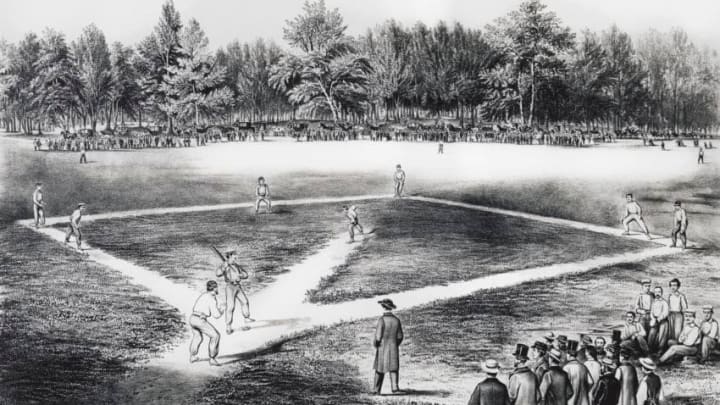
In looking back at the history of a game of great names, who are some of the MLB all-time horrible names, especially in view of a modern era?
The following MLB All-Time list is fully made up of documented MLB players. Not all of their names are actually horrid unless you consider the notion of attempting to play with certain monikers in a less politically correct era – with guys. This list was partly compiled by The All-Horrid Name Committee years ago, which is to say by your correspondent and a respected physician, utilizing the old Macmillan Baseball Encyclopedia (a very large book indeed), said physician’s sofa, a boring NFL game on TV (now totally forgotten), and a couple of six-packs.
One of the following names has not made it into Baseball-Reference.com, but all are or were in the MLB players’ registry. These names make up one of the truly strange MLB lists, which has been fleshed out here in terms of biographies as far as they could be and in order to put together a team with every position filled.
This All-Time list also argues forcefully that “Choo-Choo” Coleman and J.J. Putz are pretty regular names.
Let’s start with a questionable case, to say the least:
LHP(?) Fast: Fast is a curious case. While we don’t know his first name or even if he was left-handed for sure, we do know he was born in Milwaukee and that his ERA was 10.34 in four games for the Indianapolis Hoosiers in 1887.
How could his birthplace have been recorded, but not his first name? Many of the “one-name players” in the MLB registry may fairly be assumed to have been using pseudonyms, or were last-minute replacements, sloppily identified. (The Committee did feel that Fast was rather a good name for a pitcher, even if incomplete.)
